Cooperation
Being part of a team helps children to learn how to cooperate with one another. In order for a team to work effectively, they must be able to work together. If one player goes for glory, then they may jeopardise the chances of other players.
Children in teams quickly learn that they are most successful when they develop a team mentality and cooperate with one another. They will soon learn that the mantra “There’s no “I” in team” is very valuable thing.
Patience
Being part of a large sports group can help to teach children the importance of patience. This can be really valuable if your child does not have any siblings living at home with them.
Many of the practice drills which are completed during sports club sessions require participants to wait their turn whilst other participants are having their go. Drills like these often require the participant to spring into action suddenly when their turn comes around. The waiting period can therefore be used for quiet reflection or consideration of how to perform the action successfully.
Empathy
Children are also required to display empathy when they are working with other people who may not be as skilled as they are.
Empathy will allow them to understand the problems that are being faced by the other player, so that they do not become frustrated. Rather than snapping at people who are still developing their skills, empathy allows children to offer their support instead. Children understand that they must support others, so that they may be supported in future if the situation were reversed.
Leadership Skills
The empathy that children learn when they play team sports can also help them to support other players to learn the new skill. This can help to form the basis of leadership skills for the future.
Most youth sports clubs will also give their participants the opportunity to develop these leadership skills further. A different leader is often chosen each week, so that each member has the opportunity to learn about what it is like to be in charge of a group.
Problem-Solving
Most sports involve some sort of problem-solving aspect, but team sports often require more problem-solving than individual sports do. This is because there are more unknowns in team sports, when you are forced to consider the actions of all of your team members as well as the actions of all of the opposing team members. Children are forced to look at things in a very analytical fashion if they want to come up with a successful solution.
A Sense of Belonging
Social team sports also help children to find a sense of belonging and build social capital with other people around them. This sense of belonging can help children to feel wanted and included, even if they have very little in common with the other players on their team. Some sports teams even organise social activities outside of their normal sporting time, so that the team can continue to develop their sense of belonging. This can actually help to improve the sporting dynamic of the group.




